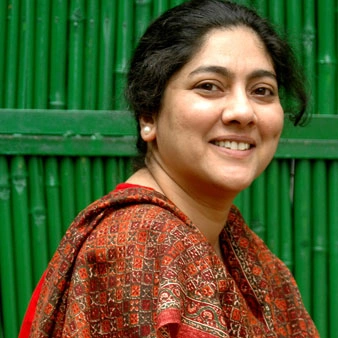Topic
Ms Daman Singh talks about her book “Asylum: The Battle for Mental Healthcare in India” with Ms Shalaka Kulkarni at OCLF 2021
On 27th01.00 pm - 1.40 pm
Ms Daman Singh brings a sensitive but rarely explored topic to the table in conversation with Ms Shalaka Kulkarni. As the introduction very well sums up, Ms Singh took a deep dive into India’s mental health infrastructure and processes as a whole that date back to pre-independent India. In Ms Singh’s words, when mental health was a taboo across the world, the British masters of the subcontinent brought the taboo to India. They set up systems to segregate mentally ill patients from the general population. As Ms Singh continues her conversation with Ms Kulkarni, light is shone on how mental asylums came up in India and were managed by old systems set up by the British for years. When India gained independence and the mass exodus of people across the newly formed border started, many had to leave their family members behind in the asylums because there was no provision for their transfer across the border. Some patients in these asylums waited for as long as three years before the governments could sit down and set up a process for their transfer. Ms Singh also talks about how national newspaper archives were an immense help to her cause as she found several stories she couldn’t have found elsewhere through old newspapers. And she even managed to find details that weren’t mentioned in the government records. All in all, the conversation ages like fine wine in its final leg as Ms Daman Singh brings attention to how modern India, along with the help of medical science from western countries, did away with several harmful processes used in asylums and why the strained mental health system in the country is moving towards a brighter future. With that, an excellent conversation between Ms Daman Singh and Ms Shalaka Kulkarni ended.

